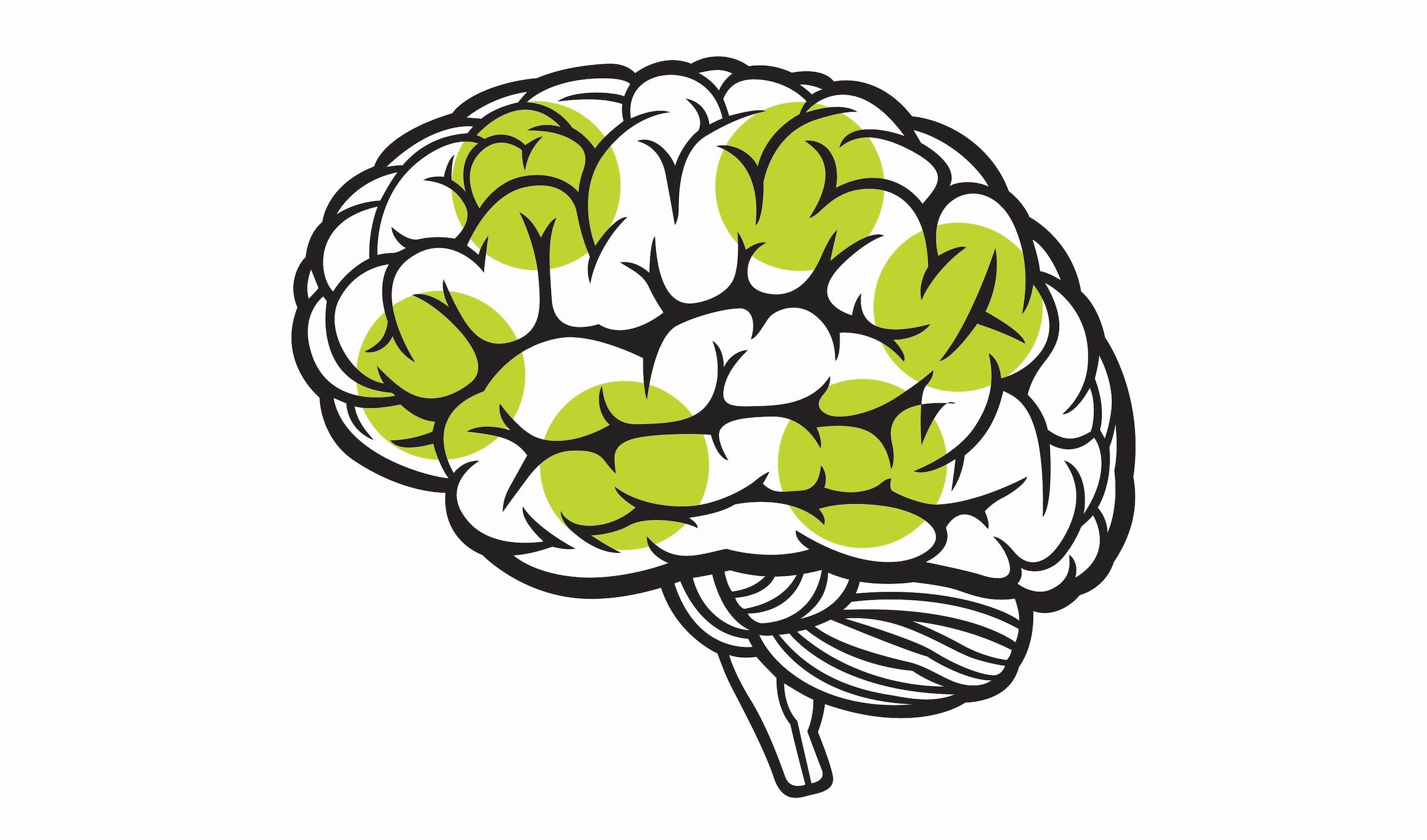Effects Of Alcohol On The Developing & Teenage Brain
Learn more about the risks of underage drinking
Alcohol And The
Developing Brain
The human brain doesn’t fully mature until about age 25 — therefore, alcohol impacts the adolescent brain differently than it does the adult brain.
Access the statewide report on the effects of alcohol on the adolescent brain, developed in partnership with experts from the Bowles Center for Alcohol Studies at the University of North Carolina School of Medicine, Duke University Social Sciences Research Institute, Duke University Medical Center, University of North Carolina at Charlotte, and Wake Forest University School of Medicine.
Did You Know?
Chances of developing a substance use disorder:
41%
Kids who begin drinking before age 15
10%
Someone who waits until age 21
Drinking alcohol can
cause a decrease in brain activity
These brain scans show functional activity levels in the brain of a healthy non-drinker (left), and a sober 21-year-old with a four-year history of heavy alcohol use (right). The “holes” indicate areas of reduced brain activity.
© Dr. Daniel Amen; www.amenclinic.com
Stay Up-To-Date With Talk it Out NC
Read our Latest Blog
How Many Teens Drink Alcohol?
Being a teen is an exciting time — experiencing more freedom, learning to drive, making post-graduation plans, and other fun [...]
How Do I Tell My Parents I Need Help?
Being a teenager can be challenging. Juggling the demands of school and extracurricular activities, navigating social situations and relationships with [...]
Teenage Drinking Parenting Advice: How to Stop Teenage Drinking
As a parent, you work hard to make sure your child stays healthy and happy. Despite all of your efforts, [...]
Follow us on Instagram
Our Partners












